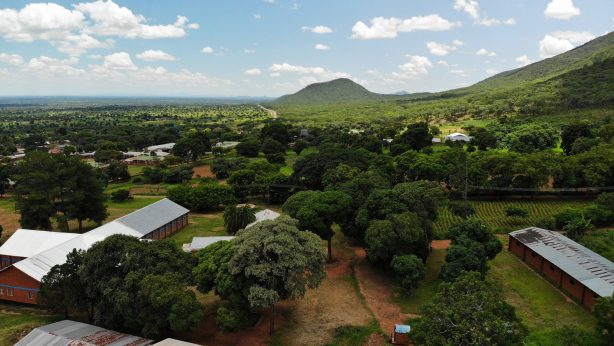Why we love cooperatives!
We at Empower Projects are passionate about cooperatives. Primarily as they are a force for tremendous social, economic and environmental impact the world over!
What are cooperatives exactly?
Cooperatives are defined by the International Co-operative Alliance as “An autonomous association of persons united voluntarily to meet their common economic, social, and cultural needs and aspirations through a jointly owned and democratically-controlled enterprise”.
In total, about one billion people are involved in cooperatives in some way, either as members/ customers, as employees/participants, or both. Cooperatives employ at least 100 million people worldwide. It has been estimated that the livelihoods of nearly half the world’s population are secured by cooperative enterprises. The world’s 300 largest cooperative enterprises have collective revenues of USD 1.6 trillion, which are comparable to the GDP of the world’s ninth largest economy Spain (ILO, 2015)
Cooperative Principles
1. Voluntary and Open Membership
2. Democratic Member Control
3. Members’ Economic Participation
4. Autonomy and Independence
5. Education, Training and Information
6. Cooperation among Cooperatives
7. Concern for Community
A Global Movement
There are many notable high impact cooperatives across the world – La Via Campesina is a global peasant movement focused on agriculture policy while Gujarat Cooperative Milk Marketing Federation is India’s largest food product marketing organisation. Our Executive Director in Malawi, Jones Ntaukira was in India in August 2015 to learn more about how cooperatives are empowering women in India.
Here is a list of the Top 300 from across the world. These cooperatives are making a positive impact across areas as diverse as agriculture, finance and retail.
So how do we at Empower Projects contribute to the cooperative movement?
As our mission is to enable community self-reliance, we are committed to working in solidarity with communities to build capacity to self-manage development. Thus cooperatives are a perfect model to enable community members to self-organise and work towards common objectives. They key being that it is a truly democratic exercise with community control over membership, resources and activities. We support a number of formal and informal cooperative projects in Malawi.
Timbiri Savings and Credit Cooperative
This is a community operated bank in Nkhata Bay, Malawi. This cooperative currently has 320 members and a democratically elected board that oversees operations through a blend of paid and volunteer staff. This community initiative is focused on addressing financial inclusion in the region. Members gain access to business and agricultural loans in proportion to their investment in shares in the cooperative. This also extends to members sharing any profits that the cooperative generates. This project is expected to impact well over a 1,000 households in the region by providing an ethical (local and affordable) and sustainable source of finance for entrepreneurs and other cooperatives in the region. This cooperative also has great flexibility in terms of being able to design and offer financial products that may be of particular benefit to its membership base e.g. solar energy loans through linkage with local suppliers.
Kapita Community Savings and Investment Promotion (COMSIP)
Simmilar to the SACCO above, this cooperative in Kapita, Malawi, is an initiative to address financial inclusion in the region. Operating through a share-purchase model, members of this COMSIP can borrow up to 3 times the value of their share value in the cooperative. Yet again, this cooperative is managed through a democratically elected committee with clear policies and guidelines. This initiative currently has 36 active members and has supported over 20 enterprises in the region. Edmond Banda is but one example.
Edmond Banda from Empower Projects on Vimeo.
This is a cooperative focused on growing peanuts and sunflowers for processing into cooking oil. This cooperative currently grows these crops and works collectively to garner stronger market prices, their action plan is to build a local factory so that they can add value to their produce and command a higher return. The Kapita region currently lacks any local source of cooking oil.
Women’s Collectives
As we work with two regions, we have also noticed a pattern of women forming groups. While these are not formal legal structures, women forming savings circles or forming committees for key initiatives e.g. a preschool or meal program are vital to more inclusive collective action.
Do you have any questions or comments about cooperatives? We’d love to take this conversation


